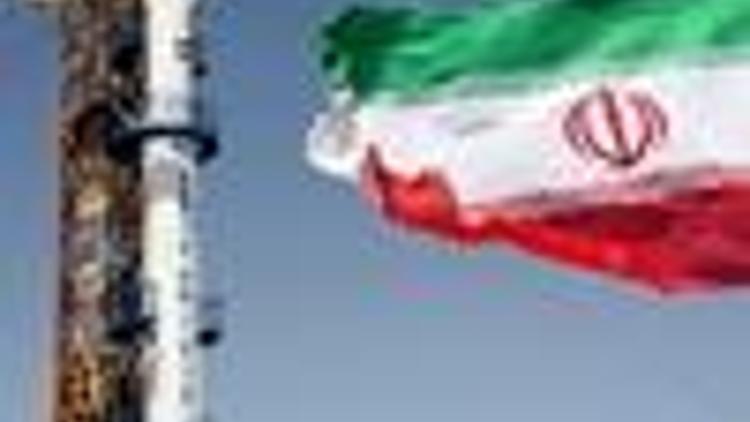Iran insists satellite has no military aim, world powers meet in Germany
Güncelleme Tarihi:

Iran insisted on Wednesday that the launch of its first home-built satellite has no military aims, despite deep concerns in the West about the development.
"This is a scientific and technical achievement and has no military aims," foreign ministry spokesman Hassan Ghashghavi was quoted by AFP as telling reporters.
But hardline President Mahmoud Ahmadinejad said the move signaled
"We should try to break this scientific monopoly," he said at a seminar on science in
"Today science and other technologies are monopolized. We should try to get science out of the control of the arrogant and the selfish," he said, adding the satellite launch had raised
The West suspects
STRONG WEST REACTION
The West reacted strongly to the satellite launch, which came ahead of a meeting in Germany on Wednesday of senior diplomats from six world powers who are due to discuss the nuclear standoff.
But Ghashghavi brushed off the concerns, saying
White House spokesman Robert Gibbs expressed dismay with
U.S. Secretary of State Hillary Clinton also warned
In
SIX NATIONS MEET IN GERMANY
Officials from the nations tackling worries over Iran’s nuclear ambitions were to meet in Germany Wednesday, two days after Tehran launched a satellite into orbit.
The meeting of political directors from the foreign ministries of the six countries was being held in
At the same time, the Security Council has imposed sanctions to pressure
None of the nations involved has commented on the specific goals of Wednesday’s meeting, which was scheduled before the satellite launch.

